Many times, I have been asked by parents and students how to make their story writing more engaging.
Give me one quick tip to make my writing into effective stories?
Today i speak about a very easy and yet fantastic strategy that can make any story a notch above the others…simply add dialogues.
While most students are familar with dialogues within their reading, many omit it in their writing. Dialogues is one of the best ways to bring any narrative alive and hook the reader to the plot. We all have seen umpteen movies and theatre plays. The gripping words spoken by the characters can make even the dullest plot exciting and create suoerb suspense.
So why is dialogue writing important in narratives?
Dialogues break the monotony of storytelling. They break up the action writing and descriptions and improve the flow and pacing of a story. When there are shorter paragraphs and more dialogues, it is easy to the eye and the reader is glued to the story.
Dialogues also help bring characters alive. They add layers and makes the reader feel more connected to the story.
In simpler words, dialogues can make a story go from blah to blitzing fantastic.
Arent dialogues simply words a character speaks?
No, don’t make the mistake of thinking dialogues are just words spoken by the characters. It is important that dialogues aren’t just window dressing. There is no room for boring chit chat in the story.
In a movie or play, it is the actors job to enhance dialogues with emotions. On paper, it is upto you. Dialogues should earn their place in an essay. Think of them as spices. If added well, they can do wonders, else if left out or added wrongly they can convert even the best recipe into a disaster.When written correctly, dialogues can be a dynamic powerhouse and grab the reader’s attention instantly.
Where should I add dialogues in my story?
Here are some ideas to help you add effective dialogues in appropriate places
Dialogues are great ways to describe a character and reveal their personality :
Consider these dialogues examples :
Make me a sandwich now.
I could really eat a sandwich now. Would you mind fixing one for me please.
Oye, you lazy fellow, always sitting around all day. Get off the chair and make me a first class sandwich.
There are 3 very different characters revealed in the above dialogues which the reader can easily visualize without you writing long descriptions.
So use dialogues to skillfully reveal your character’s personality.
Reveal back information, dreams, desires and intentions:
Sometimes a strong requires the reader to know the back events, thoughts and intentions of a character. Use this technique to arouse the readers interest and create suspense. Give small hints to make the reader wonder, think, guess and grow concerned about the upcoming conflict. The character can either be discussing it with another character or simply thinking about it in their head. Either ways this is a perfect opportunity to use dialogues and convey information.
Use dialogues when the plot needs to move ahead :
Instead if writing the actions or events, add dialogues to show how the plot moves ahead. Use it to create turning points in the scene.
In Harry Potter and the Chamber of Secret, this dialogue engages the reader with the plot rather than just informing the reader what happens in a narrative format.
“Not today, Mr. Weasley,” said Dumbledore. “But I must impress upon both of you the seriousness of what you have done. I will be writing yo both your families tonight. I must warm you that if you do anything like this again, I will have no choice but to expel you.”
Can you give some tips in good dialogue writing?
There definitely are many tips which a writer can use :
Mimic a real life character…think of someone you know in real and make the character speak like them. It will be easier to write and will also get you comfortable in the skin of the character. Eg, the detective in your whodunnit can speak like your mom.
Avoid boring useless dialogues.
Eg
Character 1 : Hi
Character 2 : Hi
Character 1 : what are you doing
Character 2 : nothing. What are you doing
Dialogues like this can be avoided unless the plot demands such bland words. Put on your thinking caps. Find fresh and interesting ways to write Dialogues.
Give out plans, secrets and technical information through Dialogues. This can be easily conveyed without sounding like a boring report where one character is explaining it to another character.
Use colloquial language. If you character is a native of a certain region, research and use the local phrases in Dialogues. That will give som much value to that character for the readers. Dialogues portray a scene vividly and breathe life into the characters.
Don’t forget correct punctuation. This though part of proof reading, is a very important element that should not be overlooked.
So, put on your writers cap and start writing brilliant stories with even more fantastic dialogues.
I end with an excerpt of a dialogue from The Hitchhiker’s Guide to the Galaxy by Douglas Adams.
Notice how the dialogues are dynamic, lively and give us information expertly compared to plain narrative writing.
“Unfortunately I got stuck on the Earth for rather longer than I intended,” said Ford. “I came for a week and got stuck for fifteen years.”
“But how did you get there in the first place then?”
“Easy, I got a lift with a teaser.”
“A teaser?”
“Yeah.”
“Errrr, what is…”
“A teaser? Teasers are usually rich kids with nothing to do. They cruise around looking for planets which haven’t made interstellar contact yet and buzz them.”
“Buzz them?” Arthur began to feel that Ford was enjoying making life difficult for him.
“Yeah,” said Ford, “they buzz them. They find some isolated spot with very few people around, then land right by some poor soul whom no one’s ever going to believe and then strut up and down in front of him wearing silly antennae on their heads and making beep-beep noises. Rather childish really.” Ford leant back on the mattress with his hands behind his head and looked infuriatingly pleased with himself.
“Ford,” insisted Arthur, “I don’t know if this sounds like a silly question, but what am I doing here?”
“Well, you know that,” said Ford. “I rescued you from the Earth.”
“And what’s happened to the Earth?”
“Ah. It’s been demolished.”

Shruti Divecha
Shruti Divecha is a professional writer for various newspapers, magazines and online publications. She writes feature and lifestyle articles, reviews, travel, mythology and GK nuggets. She also writes for a pan India Braille magazine. She has an MBA and a Masters degree in Animation and Design, both from USA. Additionally she is a qualified Steiner Education teacher, a certified Jolly Phonics and a Jolly Grammar educator. Before choosing the writing profession, Shruti was heading the graphic and textile design department in her mother’s Home Furnishings Export House and Factory.
The company was one of top exporters of soft furnishing’s and made-ups in India having clients like large European Departmental stores. She currently is a full time educator and conducts classes for children in Creative writing and English Enrichment. You can connect with her at www.shrutidivecha.com

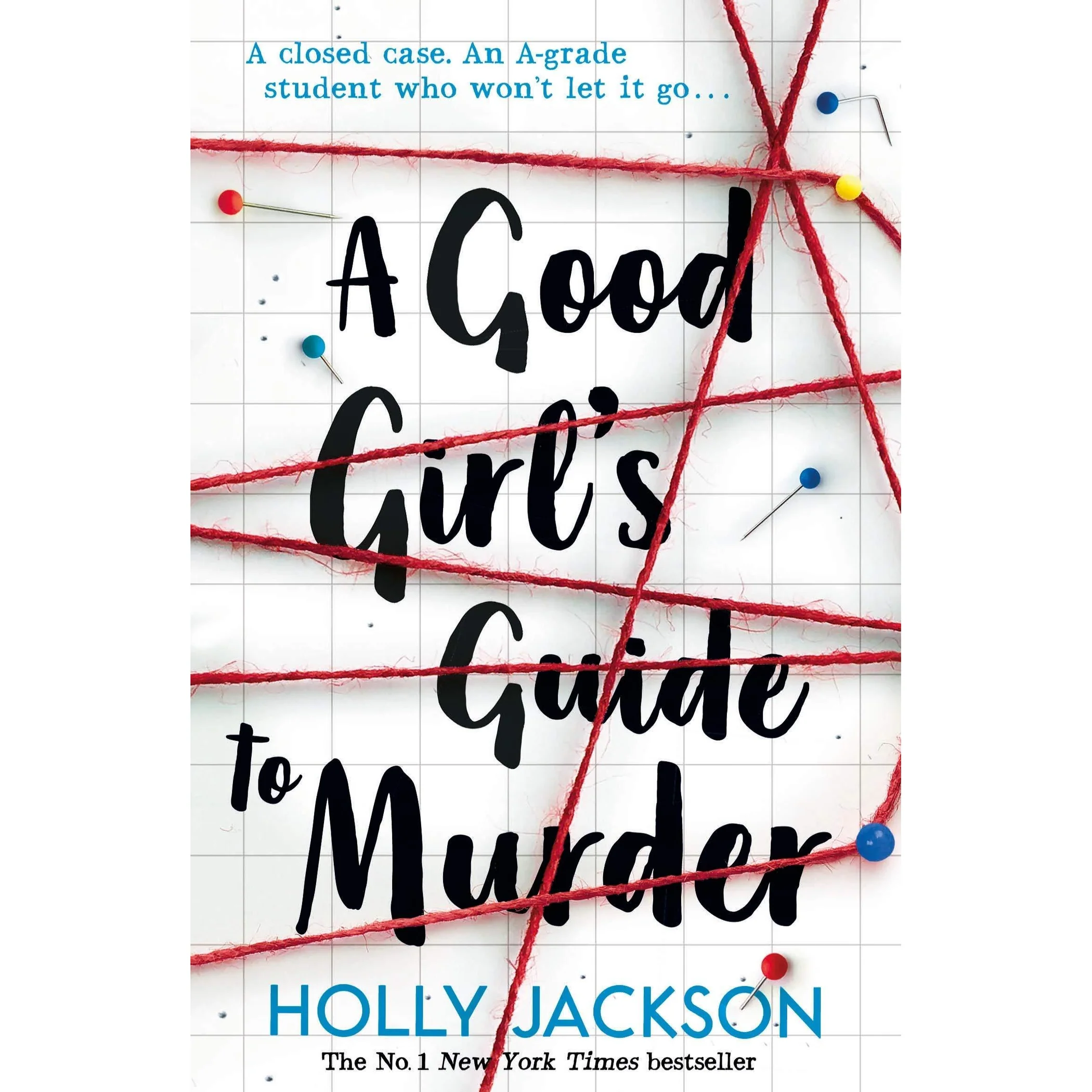)
)
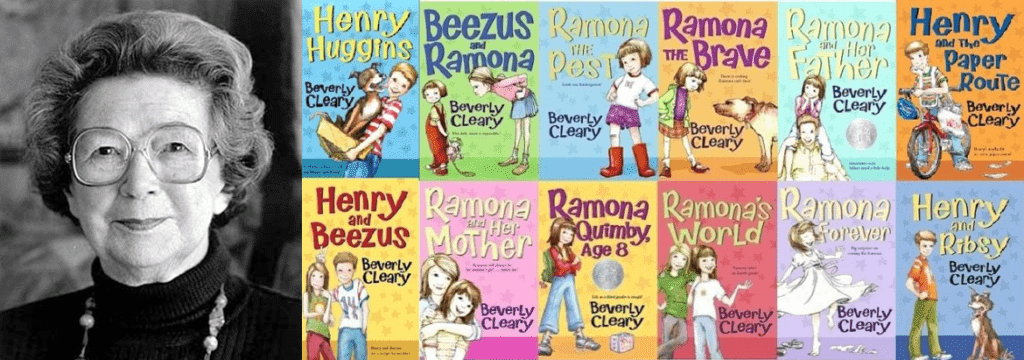)
)
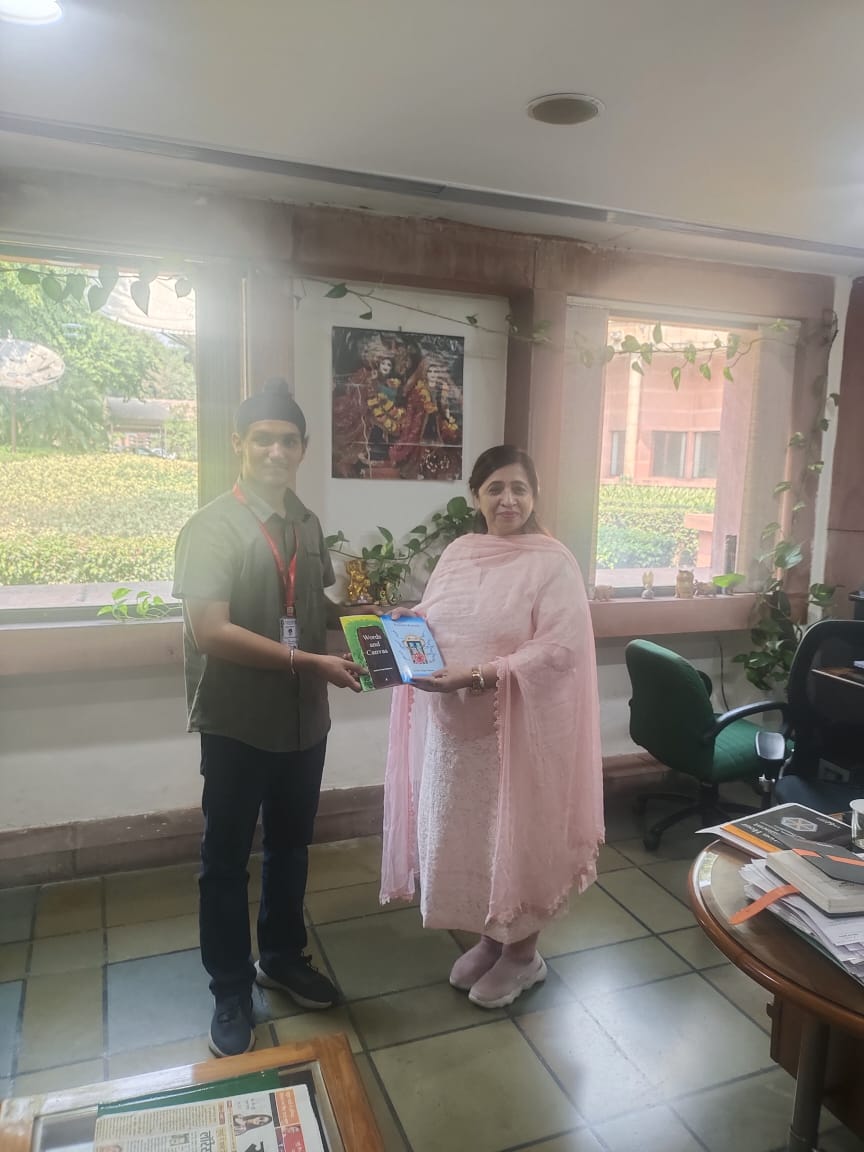)
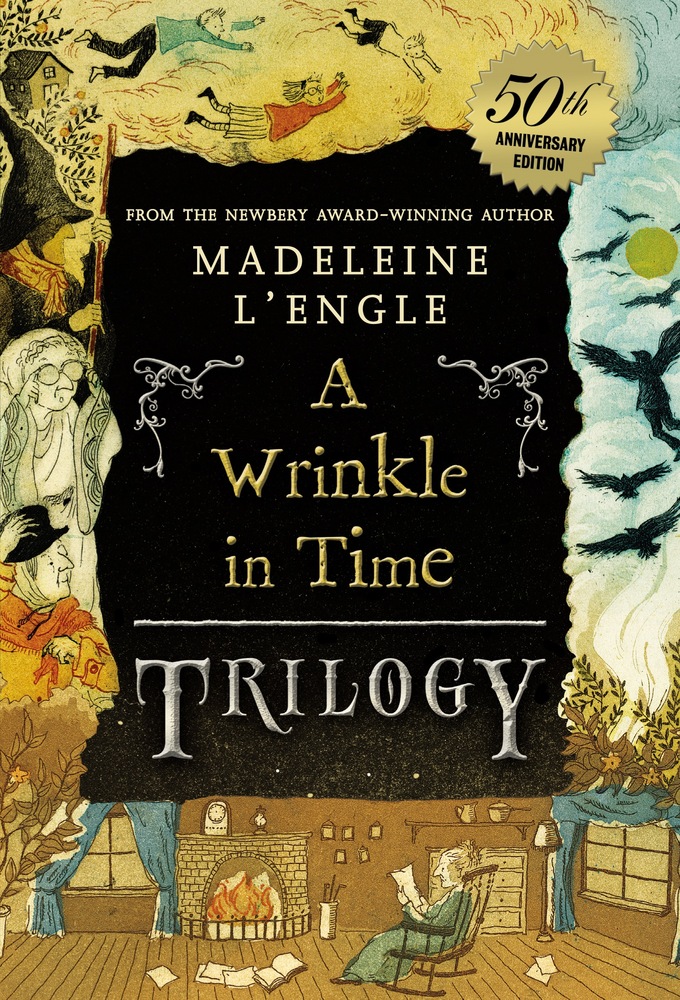)
)
)
)
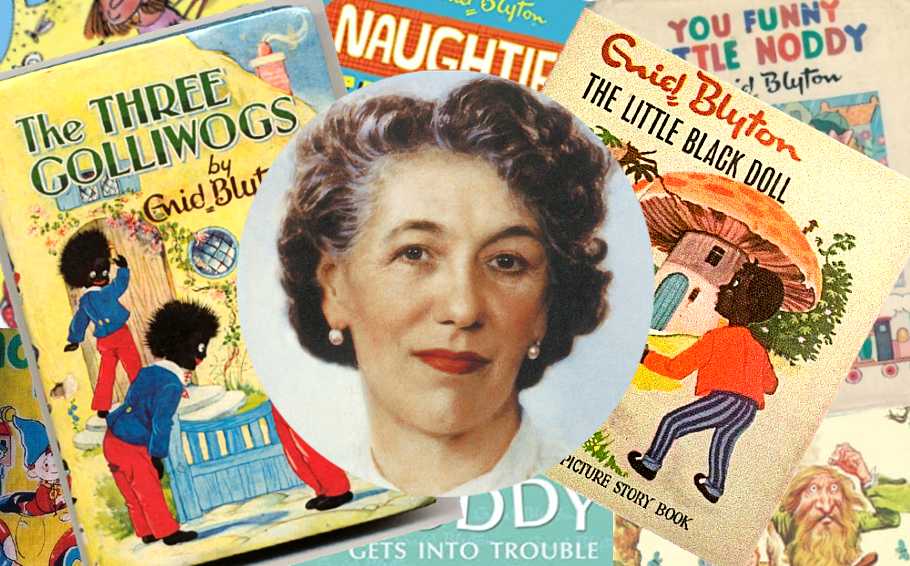)